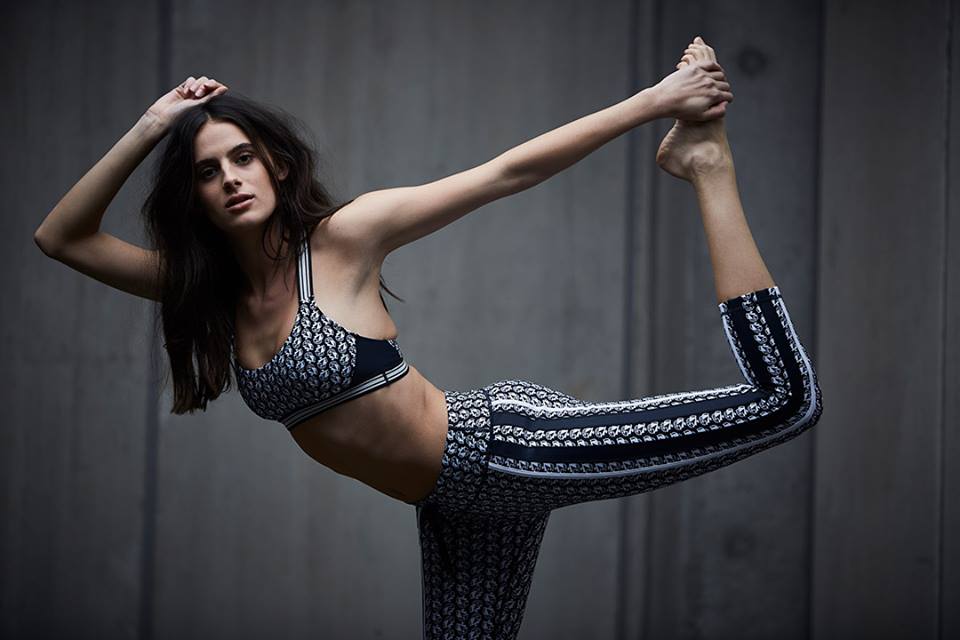Yoga has been around for millenia, and its perseverance throughout the ages is no fluke. Yoga endures because yoga works — and it works because it can be done anytime, anywhere, by anyone. You don’t have to be a hardcore fitness nut to do yoga, or have preternatural flexibility or strength. You just have to make time to do it.
In fact, there is no better exercise for workout novices than yoga. As a practice, yoga is designed to ease you into a mind-body-spirit connection. Unlike other types of training, like crossfit or HIIT which insist you push yourself to your uppermost limit right away, yoga focuses on slowly and mindfully developing your practice. (Translation: you get to work at your own pace!)
So, if you are new to yoga and heading out to your first class, or are about to get down to the mat at home with a YouTube yogi, rest assured, you’re about to embark on a beginner-friendly journey to better health and fitness.
This said, there are a few things you should know before your first flow, and we’re going to discuss them here. These points will help you prepare, so you’ll know what to expect from your first class and can focus on making the most out of the experience.
1) Yoga Types
Yoga is a practice with many different branches. Yin yoga, for example, focuses on deep ligament and joint stretching, breathing and meditation. It seeks to balance your Yin (your restful self) with your Yang (your active self), so it is a gentler workout for your body, but (for many people) it can be a grueling exercise for overactive monkey minds. Bikram yoga, on the other hand, is done in a hot, humid room and is a fairly intense workout ideally suited for those with some yoga experience. Then there’s Vinyasa, Hatha and Iyengar yoga. Do a bit of research to find out which type of yoga speaks to your taste and your abilities.
2) Dress for Success
Yoga clothing is more than a huge part of the sports luxe trend: it actually helps you perform better and more comfortably in class. The best yoga gear is designed to stay put during the twists, turns and inversions of yoga, so you can focus on your breathing and positioning: no on whether your shirt is riding up or your pants are slouching down. Another tip: wear layers. This will allow you to slip in and out of clothing if you get too warm during your flows or too cool during Savasana (cool down).
3) Pain vs. Growth
You should never, ever feel pain in a yoga class — or anytime you exercise, really. You will likely encounter some level of discomfort, though, and this is OK. Discomfort is part of growth: when we gently and mindfully prod our limits, we can surpass them, getting stronger and fitter.
How to distinguish pain from discomfort? Pain is sharp and stabbing, and will often feel hot. It will likely take your breath away. Discomfort, on the other hand, is a vaguely unpleasant sensation that you can easily breathe through.
Just remember: you know your body best, so if something feels off, it likely is. Ease up and adjust yourself.
4) No Room for Ego
You’re a beginner, so if you’re going to a yoga class, you’re going to have to accept that there will be people in the class that are more fluent in the practice than you — and that’s OK. Don’t be intimidated by more advanced students, and DO NOT try to keep up with them. Focus on yourself. If you are going to look at them at all, look to them as an example of what you can achieve overtime. with hard work and dedication.
5) Be an Early Bird
Finally, you want to make sure you get to your class early. This will allow you to get set up and settled in. It’s also a time you can speak with the instructor if you have any questions or considerations. For instance, if you do not want the instructor adjusting you (i.e. touching you to guide you into proper form), then this is a good time to say something. Or, if you want as much help as possible, you can voice this then too. During class is not the time, since yoga class participants are generally encouraged to be silent.
So, now you’ve got the basics covered, it’s time to take on this practice with an open heart, willing mind and ready body. Namaste!
